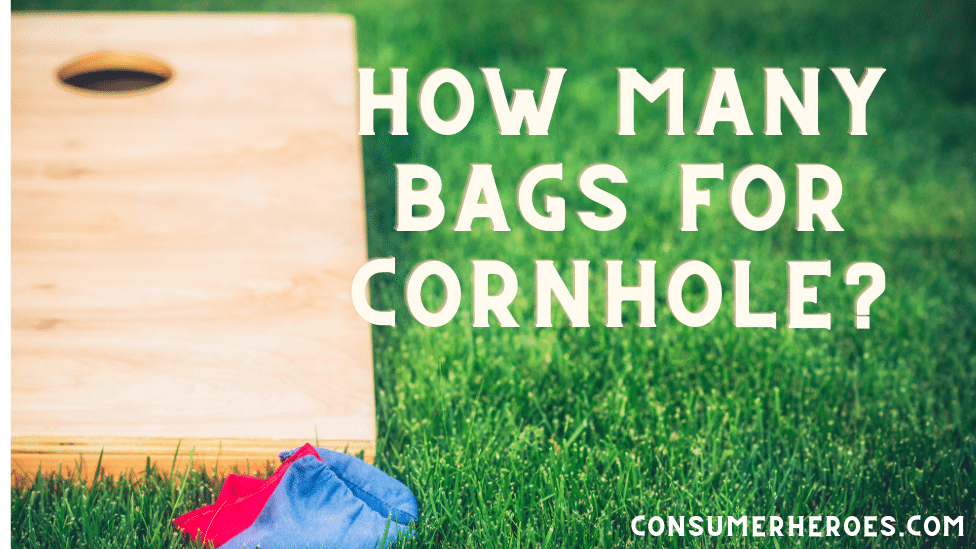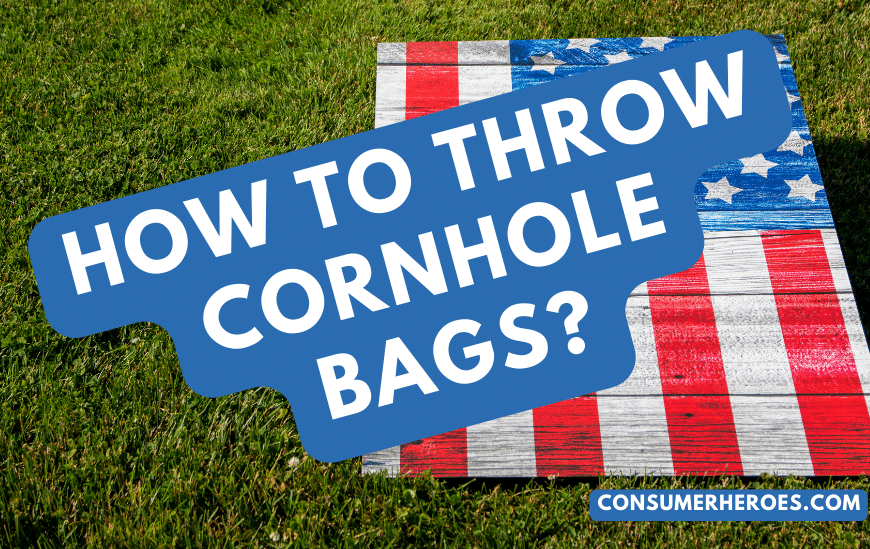Cornhole is a popular outdoor game that can be played by people of all ages. It is often played at picnics, tailgates, and backyard barbecues. The game involves throwing small bags filled with corn at a raised platform with a hole in it. The objective is to get the bags through the hole or as close to the hole as possible.
Despite its popularity, many people do not know the origin of the name “cornhole.” Some speculate that the name comes from the fact that the bags are filled with corn. Others believe that it is a reference to the hole in the platform, which resembles the hole used in the game of horseshoes. However, there is more to the story than just these theories. In fact, the true origin of the name “cornhole” is steeped in history and tradition.
Origin of the Name ‘Cornhole’
Cornhole is a popular game that has been enjoyed by many for years. The name ‘cornhole’ may seem strange, but it has an interesting history. The origins of the name are not entirely clear, but there are a few theories.
One theory is that the game was originally played with corn-filled bags. The bags were thrown into holes in the ground, and the game was called ‘corn in the hole.’ Over time, the name was shortened to ‘cornhole.’
Another theory is that the game was named after a vulgar term for a certain part of the anatomy. This theory suggests that the game was originally played by farmers who would use old corn sacks filled with feed to toss into holes in the ground. The term ‘cornhole’ was used to describe the hole that was used to feed the animals.
Despite the uncertain origins of the name, the game has become popular across the United States and beyond. It is often played at backyard barbecues, tailgating events, and other social gatherings. In recent years, the game has even become a competitive sport, with tournaments held across the country.
Regardless of the origin of the name, cornhole remains a fun and entertaining game that is enjoyed by people of all ages and backgrounds.
Evolution of the Term ‘Cornhole’
The term ‘cornhole’ has evolved over time and has gone through several changes before it became the popular game that we know today. The game was originally called ‘Bean Bag Toss’ or ‘Baggo’ in some parts of the country.
The term ‘cornhole’ is said to have originated in the Midwest, specifically in Cincinnati, Ohio. The game was initially played with corn-filled bags, and players would aim to throw the bags into holes carved into wooden boards. The game was popular at local fairs and festivals, and as it gained popularity, so did the term ‘cornhole’.
Over time, the game began to spread to other parts of the country, and the term ‘cornhole’ became more widely used. As the game became more popular, variations of the game began to emerge, such as different board sizes and scoring systems.
Today, ‘cornhole’ is a popular game that is played all over the country, and it has even become a professional sport. The term ‘cornhole’ has become synonymous with the game, and it is now widely recognized as the official name of the game.
In conclusion, the term ‘cornhole’ has evolved over time, starting as a regional term in the Midwest and becoming the popular name for the game we know today.
Regional Variations of the Term ‘Cornhole’
The game of cornhole is known by different names in different regions of the United States. While the term ‘cornhole’ is widely used, there are several other names that are used interchangeably. Here are some of the regional variations of the term ‘cornhole’:
- Bags: In the Midwest, the game is commonly referred to as ‘bags’. This name is derived from the small bean bags that are used in the game.
- Bean Bag Toss: In some parts of the country, the game is known as ‘bean bag toss’. This name is also descriptive of the game since players toss bean bags onto a board.
- Dummy Boards: In some areas of the South, the game is called ‘dummy boards’. This name is likely derived from the fact that the boards were originally made from scraps of wood and were considered to be of little value.
- Baggo: In the Midwest and on the East Coast, the game is sometimes called ‘baggo’. This name is likely a variation of the term ‘bags’.
- Corn Toss: In some areas of the country, the game is known as ‘corn toss’. This name is descriptive of the game since players toss bags filled with corn onto a board.
Overall, the game is known by many different names, but the rules and gameplay remain the same.
Modern Usage of the Term ‘Cornhole’
In modern times, the term ‘cornhole’ has become synonymous with the game of the same name. The game has gained popularity over the years, and it is now played in various parts of the world, especially in the United States.
Cornhole is a popular outdoor game that is played with two boards and eight bean bags. The boards are placed at a distance of 27 feet apart, and the objective of the game is to toss the bean bags into the hole on the board. The game can be played by two or four players, and it is a great way to pass the time with family and friends.
The term ‘cornhole’ is often used interchangeably with other terms such as ‘bags,’ ‘baggo,’ and ‘bean bag toss.’ However, ‘cornhole’ is the most commonly used term, and it has become a part of the lexicon of many Americans.
In recent years, the game has gained a lot of attention, and there are now professional cornhole players who compete in tournaments across the country. The American Cornhole League (ACL) is the largest organization that hosts cornhole tournaments, and it has become a popular spectator sport.
Overall, the term ‘cornhole’ has evolved from being a slang term for a particular part of the anatomy to a popular outdoor game that is enjoyed by people of all ages.
The Influence of Pop Culture on ‘Cornhole’
Pop culture has played a significant role in popularizing the game of cornhole. The game has been featured in numerous movies, TV shows, and music videos, which has helped raise its profile and make it a household name.
One of the earliest instances of cornhole being referenced in pop culture was in the 1993 movie “Dazed and Confused.” In the movie, the characters play a game called “beanbag toss,” which is essentially cornhole. This exposure helped introduce the game to a wider audience and sparked interest in playing it.
In recent years, cornhole has been featured in a variety of TV shows, including “The Office,” “It’s Always Sunny in Philadelphia,” and “The Big Bang Theory.” These appearances have helped cement the game’s popularity and make it a staple of backyard barbecues and tailgating parties.
Cornhole has also been referenced in music videos, such as Florida Georgia Line’s “Cruise” and Luke Bryan’s “Rain Is a Good Thing.” These references have helped further popularize the game among younger audiences and make it a fun and trendy activity to enjoy with friends.
Overall, the influence of pop culture on cornhole cannot be overstated. The game’s appearances in movies, TV shows, and music videos have helped raise its profile and make it a beloved pastime for people of all ages.
Conclusion
In conclusion, the origins of the name “cornhole” remain somewhat of a mystery. While there are several theories about its origin, none of them can be definitively proven. It is likely that the name “cornhole” was simply a regional term that was used in the Midwest to describe the game.
Despite the uncertainty surrounding the name, cornhole has become a popular game across the United States and beyond. Its simplicity and accessibility have made it a favorite pastime for people of all ages and skill levels. Whether played at a backyard barbecue or in a professional tournament, cornhole continues to bring people together and provide hours of entertainment.
As the popularity of cornhole continues to grow, it is possible that more information about the origins of the name will come to light. Until then, enthusiasts can continue to enjoy the game and appreciate its unique name, whatever its origins may be.







